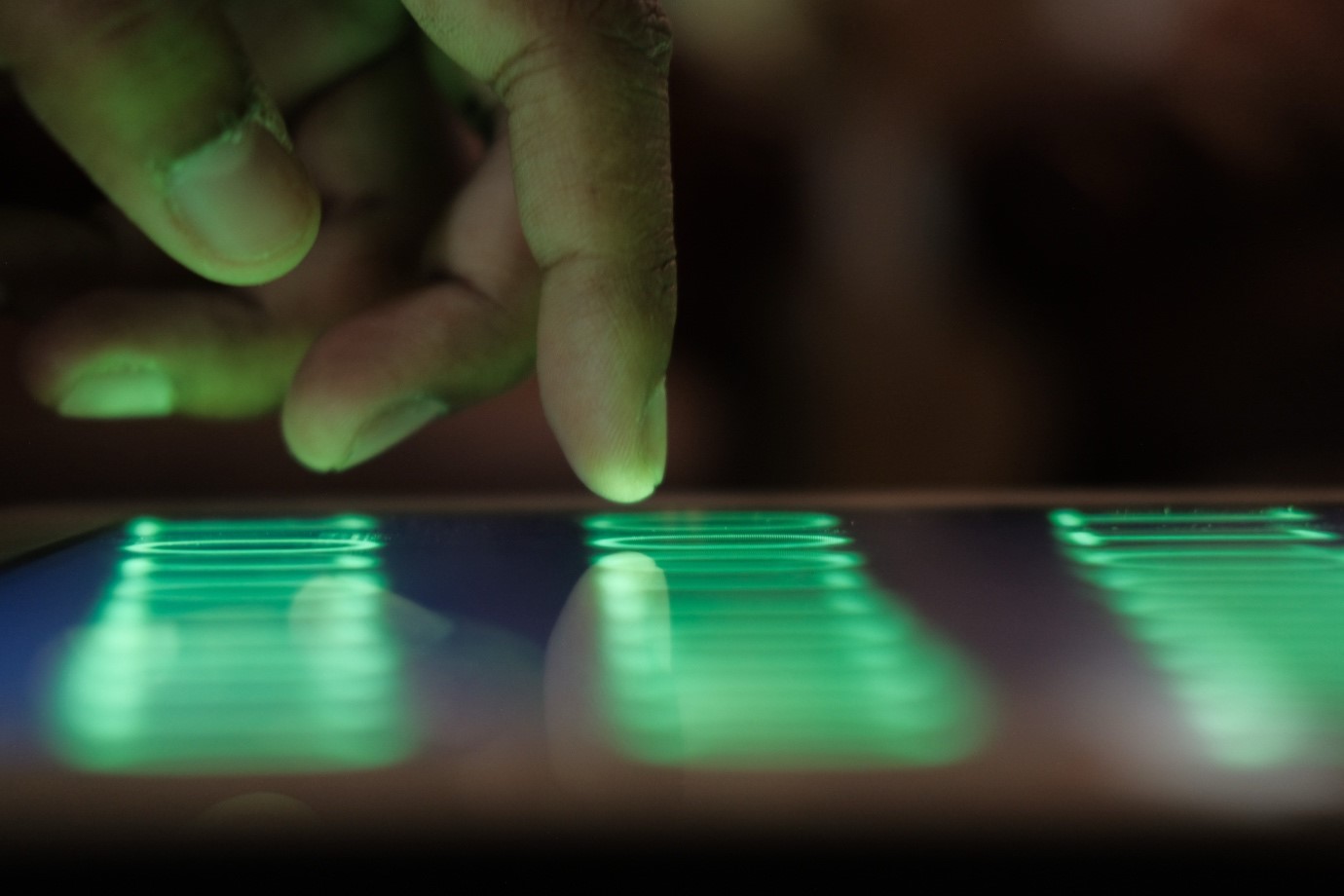Welcome to the test that separates the cyber-savvy from the cyber-sloppy. You may think you’re safe. You don’t click on strange links. You use strong passwords. But do you understand the hidden ways hackers exploit your habits, devices, and even your emotions?
This isn’t a tech test. It’s a human test.
We’re not just checking what you know. We’re revealing what you overlook, those tiny blind spots that make the difference between a secure system and a silent breach.
Find out:
- Would your phone survive a targeted phishing attempt?
- Can your laptop resist a rogue USB with embedded malware?
- Do your habits make you the weakest link in your company’s cybersecurity chain?
Who should take it?
- CEOs who think cybersecurity is “for the IT guys.”
- Employees who reuse passwords like “Uganda2024!”
- Parents, students, bankers, NGO workers, boda riders, yes, you too.
Why take it now?
Because ignorance isn’t bliss. It’s a liability.
Score yourself. Then see where you fall:
Fort Knox-You’re a digital fortress (rare).
Almost There — Good instincts, but one crack can cost you.
At Risk– One wrong click and you’re viral… in the worst way.
Walking Breach — You’re a hacker’s dream. Time for a full reset.
Start the test. Fix your gaps. Share your score.
Because in today’s digital world, you’re either hack-proof or hack-prone.
Powered by Summit Consulting’s iShield360 & IFIS





